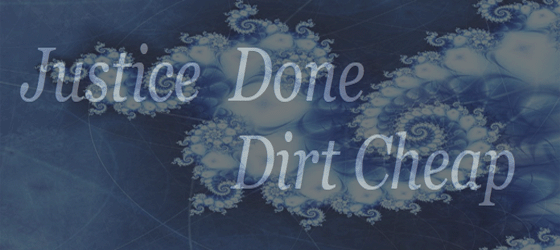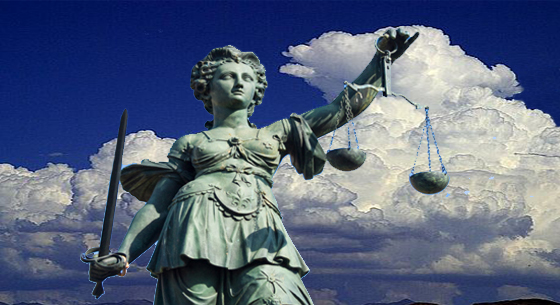What are Rules of Court?

Minimally, law is a means for affecting the behavior (modifying it, channeling it, or
changing it) of the people to whom the law is addressed. If law did not at least fulfill such a
function, we would hardly call it "law" or be interested in it.
Do certain "principles" triumph over what are called "rules of law".
To the same extent, would we be troubled by the apparent discretion or "legislative
function" attributed to the New Brunswick court and or judiciary by various presiding Judges.
And does this also reinforce our own conception about the proper rule of a court — that in adjudicating past behavior, a court should apply norms that were in existence at the time of that past behavior.
For if a court does not do this, it would be acting prospectively—as a legislator — in making rules.
But the prospective action would apply retrospectively — to the losing party in the case.
This would strike against our notions of fairness and undermine our belief in the viability of the definition of "law"
However, on the matter of: What are Rules of Court?... here is a simple answer: the procedures which govern the proceedings in the court and which are to be followed by the parties to any proceeding.
The Rules of Court
set out the procedures, that, which must be followed, throughout the various court
process. The Rules outline things such as how court documents must be
prepared, how long a person has to respond, and the procedure for
service of Court documents. If you are representing yourself, you
should consider consulting a lawyer to help you understand what rules
you must follow and why those rules are in place.
You can find the Rules on the government or Service New Brunswick websites (– www.gnb.ca or www.snb.ca
–) under Acts and Regulations. Just click on Rules of Court. You can
also access a hardcopy of the rules at law libraries located in
Fredericton, Moncton, and Saint John.
All court cases are governed by the Rules of Court.
These rules and procedures are in place to ensure that court procedures
are fair. They give everyone a level playing field. Even though a rule
may not make sense to you, everyone must follow the rule to make sure
every case is fair. Moreover, if the other party is represented by a
lawyer, it is likely that he or she will request that the Rules of Court and the rules of evidence be strictly followed throughout the proceeding.
In family law matters, the Rules that you will most likely need to become familiar with are:
Rule 72 (Divorce Proceedings)
Rule 73 (Family Division)
Rule 74 (Marital Property Act Applications)
Rule 18 (Service - if you are required to serve documents)
Rule 37 (Procedure on Motions)
Rule 38 (Procedure on Applications)
The Rules of Court are accompanied by Forms of Court.
You must complete a Court form in any legal action. A lot of
information is required to fill in court forms, so be sure to review the
forms carefully and include all of the required information. Go to Family Law Forms.

























No comments:
Post a Comment